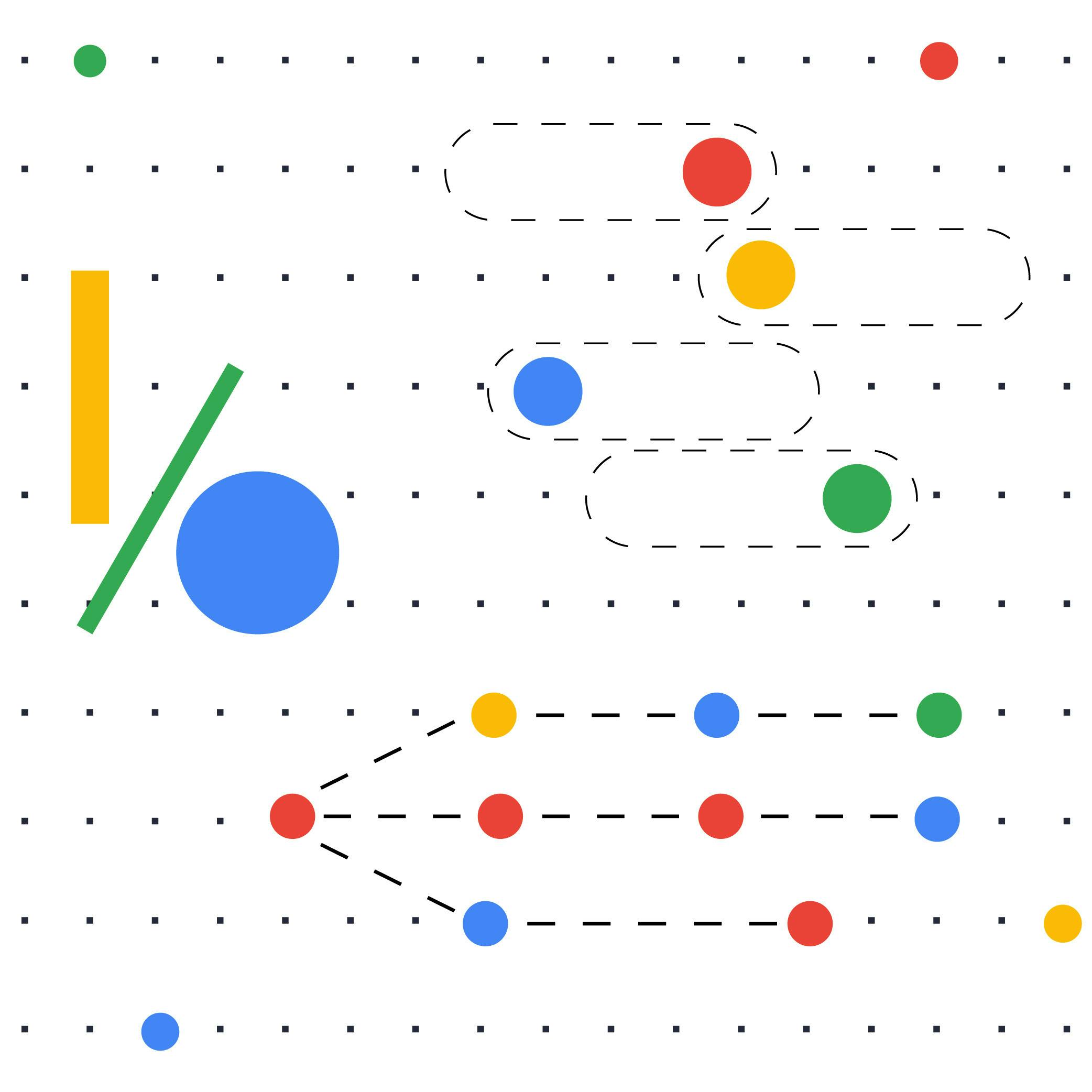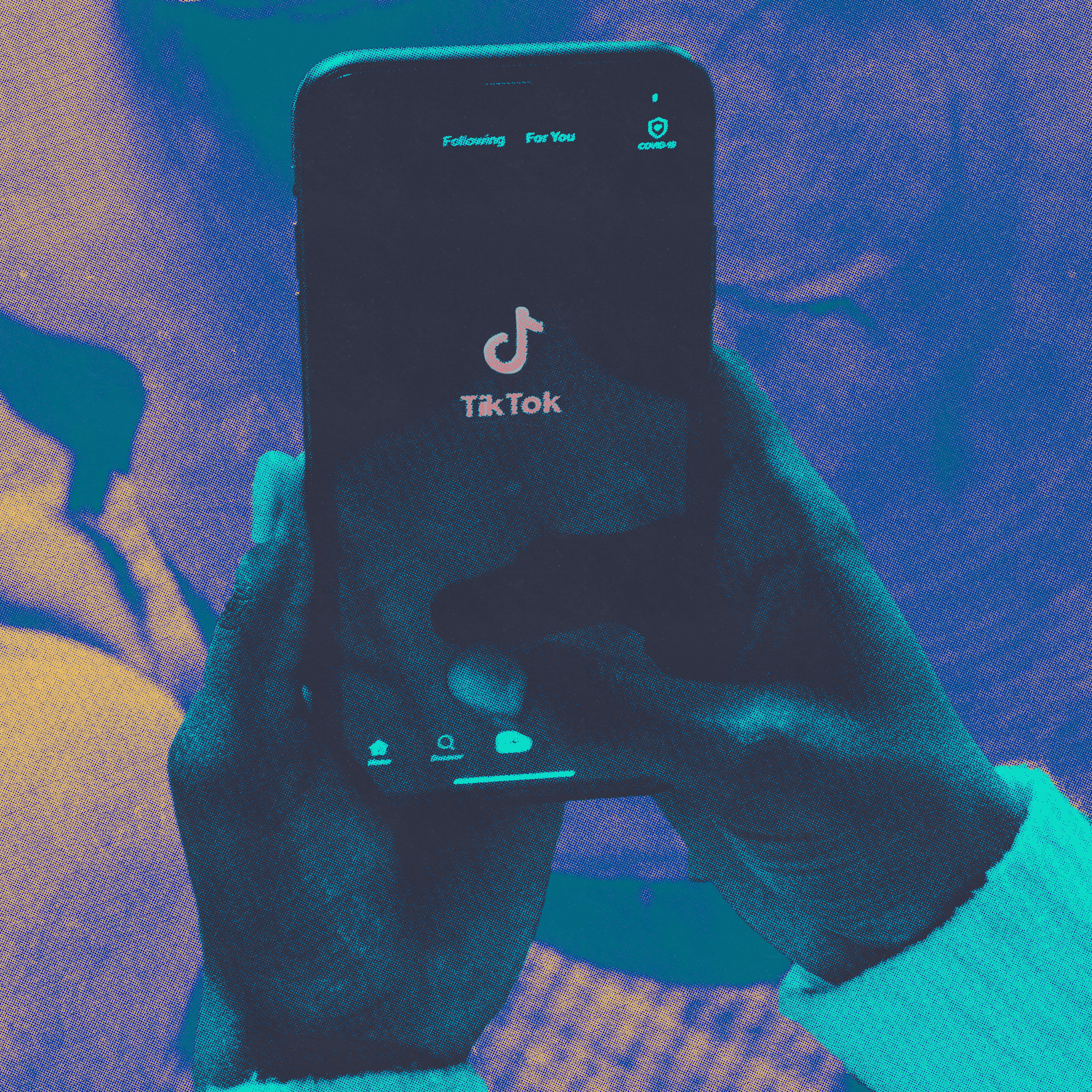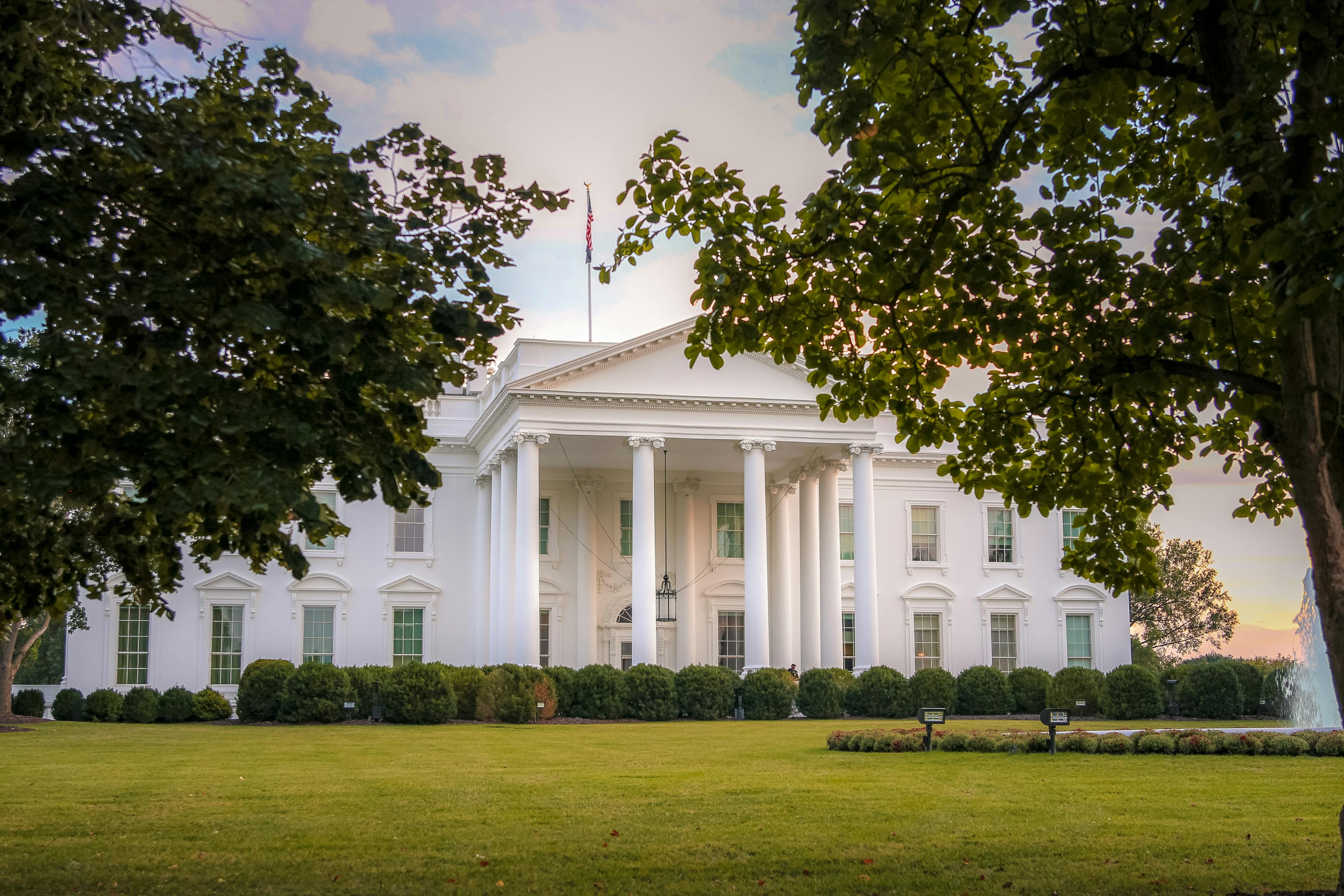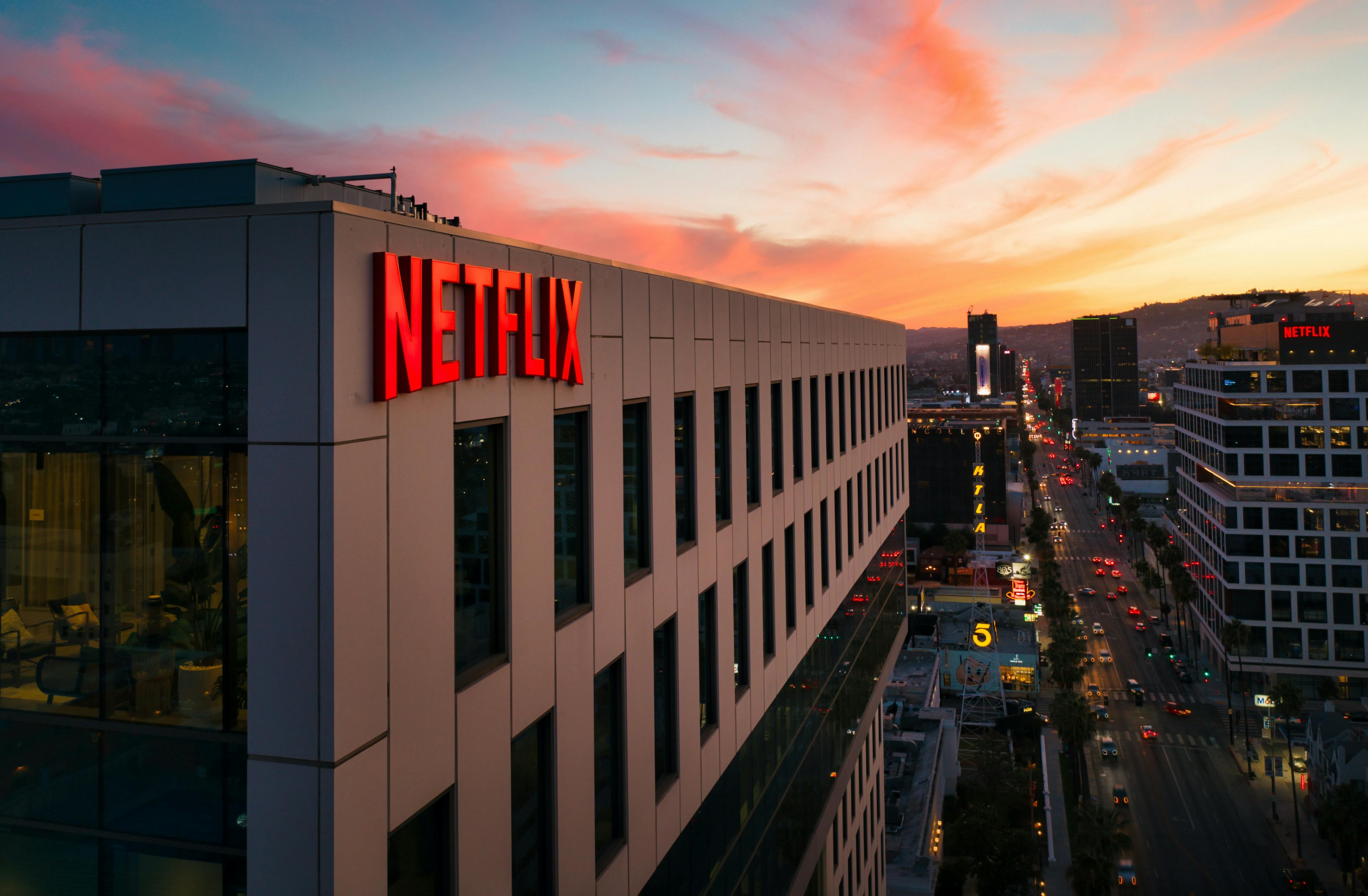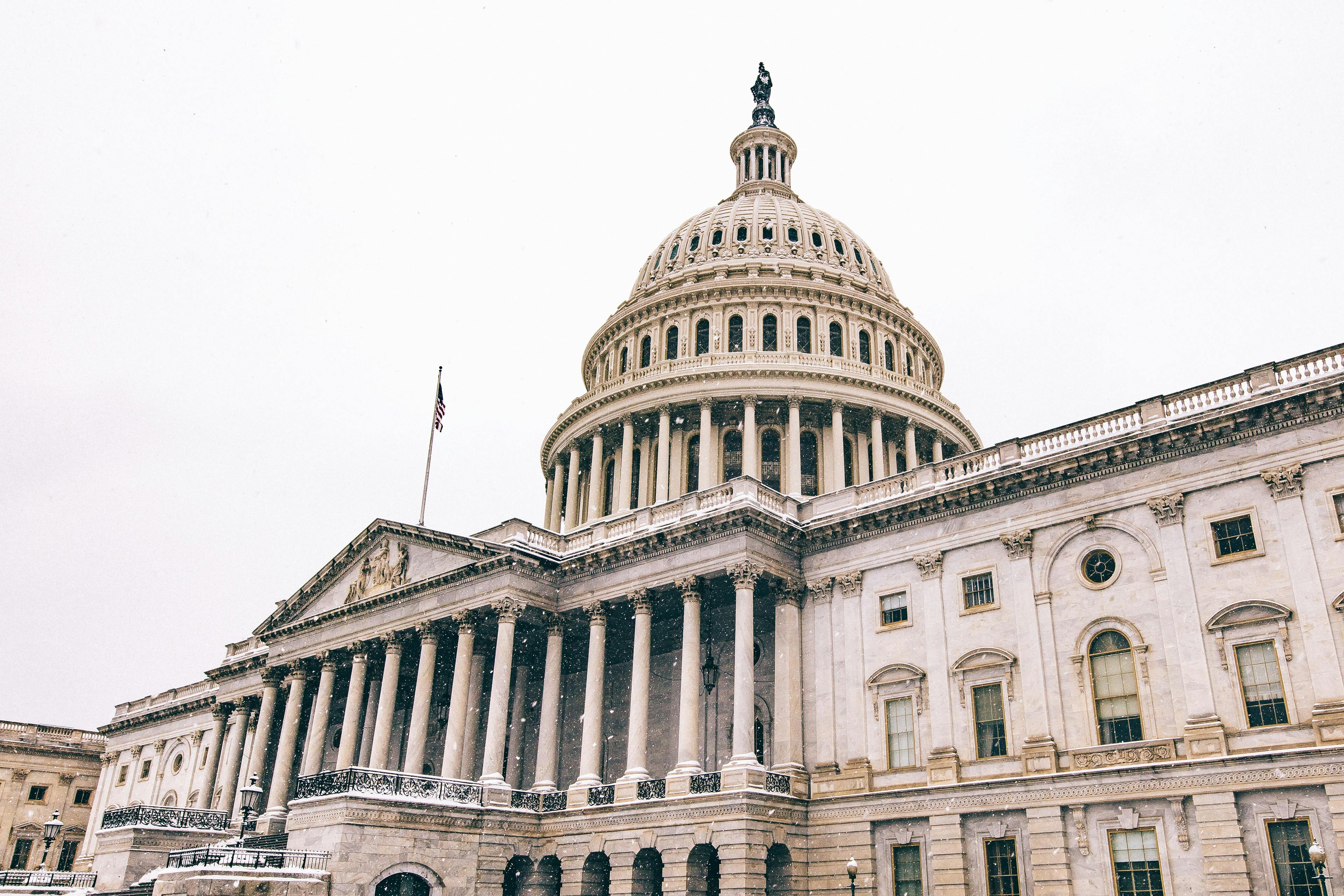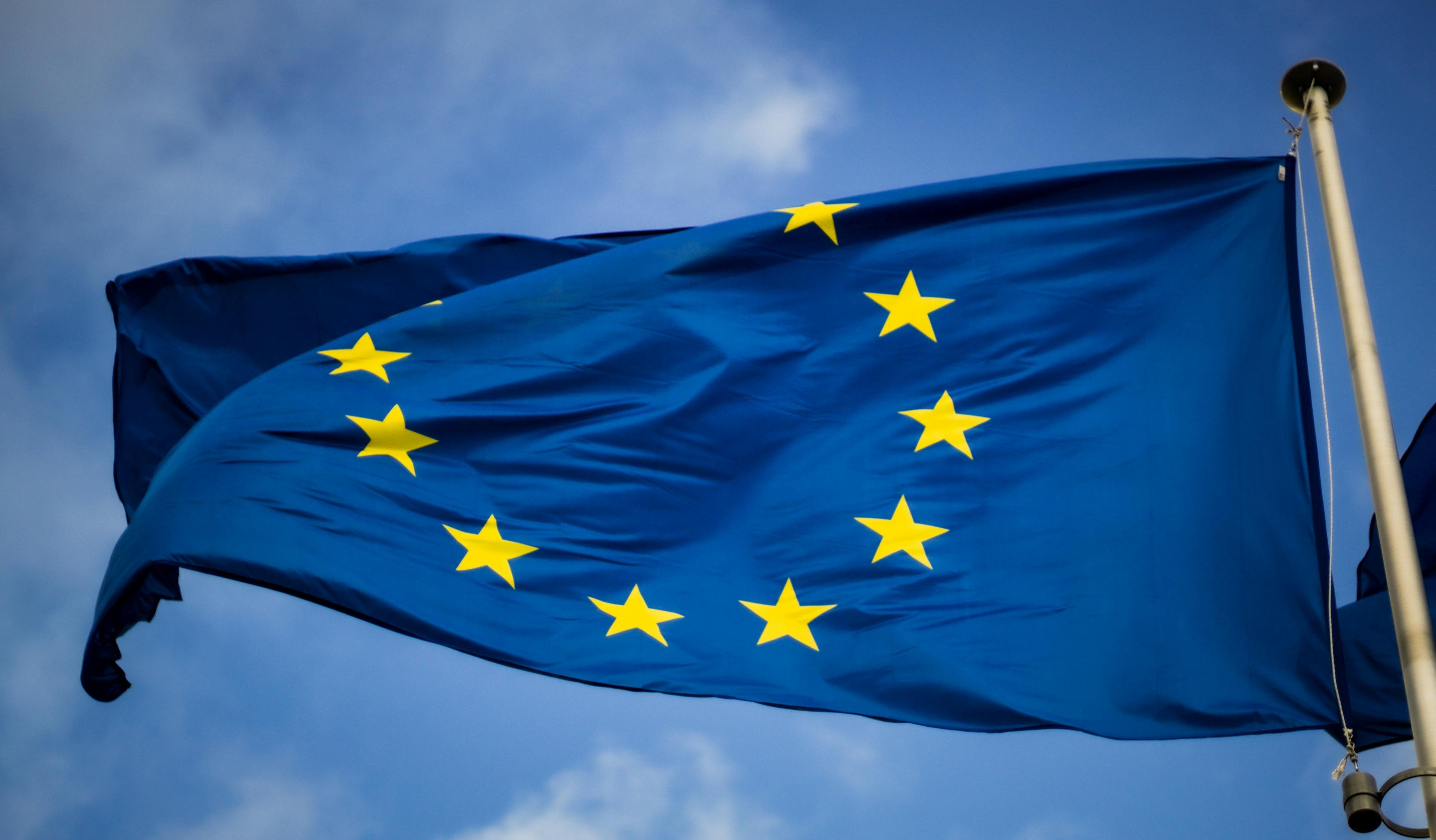Accessibility Tools
PMG Digital Made for Humans
Congress Weighs TikTok Ban
Abby Long, Senior Managing Editor
Abby manages PMG's editorial thought leadership program. As a writer, editor, and marketing communications strategist with over a decade of experience, Abby's work in showcasing PMG’s unique expertise through POVs, research reports, and thought leadership regularly informs business strategy and media investments for some of the most iconic brands in the world. Named among the AAF Dallas 32 Under 32, her expertise in advertising, media strategy, and consumer trends has been featured in Ad Age, Business Insider, Digiday, and The New York Times. She holds a Master's in Liberal Arts from Texas Christian University.
Social video app TikTok is in the limelight this week after several governments announced the app would be banned from government devices. Meanwhile, the U.S. House Committee on Foreign Affairs is weighing new legislation that could ban TikTok from the U.S. market.
Key Takeaways
Several government bodies are banning TikTok from government devices amid a fresh wave of potential national security and data privacy concerns.
Members of the U.S. House Foreign Affairs Committee fast-tracked the DATA Act, which seeks to empower the Biden administration with the ability to impose a nationwide TikTok ban. The legislation has been met with strong opposition from watchdog groups and policy experts but will advance to the House floor after passing in a committee vote this week.
TikTok cites ongoing misinformation as the primary cause for heightened concerns among lawmakers, maintaining that there are no national security or data privacy concerns with the app.
In recent days, government bodies, including the European Commission and the Canadian government, officially banned the use of TikTok on all federal government-issued devices, citing potential national security and privacy concerns. The directives followed in the footsteps of U.S. lawmakers after Congress banned TikTok from federal government devices late last year. The bans were announced against a backdrop of continued geopolitical tension between western countries and China.
While the bans only apply to government devices, some lawmakers are pushing for TikTok to be banned from the consumer market, particularly in the U.S. On the docket for the U.S. House of Representatives is HR 1153, referred to as the Deterring America’s Technological Adversaries Act, or DATA Act, which seeks to ban TikTok from the U.S. market. The U.S. House Foreign Affairs Committee voted earlier this week to advance the legislation to the House floor despite strong opposition from watchdog groups, policy experts, and other lawmakers.
Many argue that the legislative proposal is unconstitutionally broad and “undercuts core American values of free speech and free enterprise” while threatening First Amendment protections on a wide range of online speech. Additionally, while the bill specifically cites TikTok and ByteDance, critics note that other companies, such as Riot Games and Epic Games, which count Chinese company Tencent as a significant stakeholder, could be “unintentionally swept up by the bill.”
If passed, the DATA Act would empower the Biden Administration with the ability to impose a nationwide TikTok ban under the International Emergency Economic Powers Act (IEEPA) if TikTok were found to be in violation of certain data privacy requirements set forth in HR 1153. According to CNN Business, the bill also weakens the Berman Amendment to IEEPA, which “prohibited the U.S. government from restricting the free flow of ‘information materials’…to and from foreign countries, even those under U.S. sanction.”
The Berman Amendment is largely seen by legal experts as a potential barrier to a nationwide TikTok ban, as any restrictions imposed on the app may be in violation of the protections set forth by the Berman Amendment for electronic information. However, the DATA Act skirts around these claims, specifying that “sensitive personal data” doesn’t qualify for Berman Amendment protections, which would allow the U.S. government to impose restrictions on the international flow of data under IEEPA.
HR 1153, which was only introduced last Friday, doesn’t specify how such a ban would work, only that a ban would be imposed on “any entity that may transfer personal data to an entity subject to the influence of China.” As many experts have noted, the DATA Act is the latest move to reflect lawmakers’ continued concern for potential national security and data privacy risks in that TikTok or its parent company ByteDance could be pressured by the Chinese government to deliver personal data from TikTok’s U.S. users.
TikTok responded to news of the DATA Act with a statement released on Twitter that said, “A U.S. ban on TikTok is a ban on the export of American culture and values to the billion-plus people who use [the] service worldwide. We’re disappointed to see this rushed piece of legislation move forward, despite its considerable negative impact on the free speech of millions of Americans who use and love TikTok.”
In another statement, TikTok called on the Biden administration to finalize the proposed national security deal, a project (codenamed internally at TikTok as Project Texas) that’s been years in the making and the result of a $1.5 billion effort from the social app.
Stay in touch
Bringing news to you
Subscribe to our newsletter
By clicking and subscribing, you agree to our Terms of Service and Privacy Policy
The DATA Act represents the most significant legislative action considered by Congress—but the bill still has a long way to go before potentially being signed into law and going into effect. In the weeks and months to come, we can expect TikTok to fall under greater scrutiny as China-U.S. relations evolve and TikTok remains an increasingly important social app and advertising platform for public expression and engagement among countless brands and users around the world.




